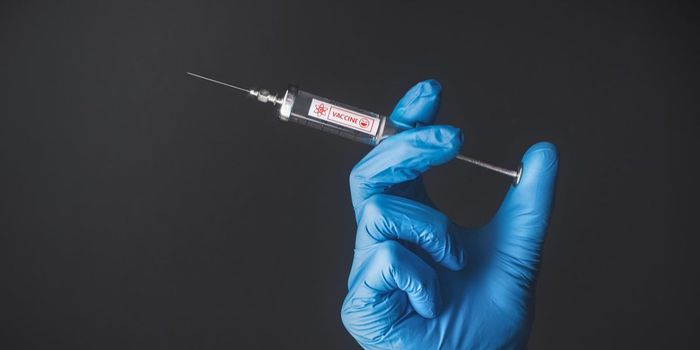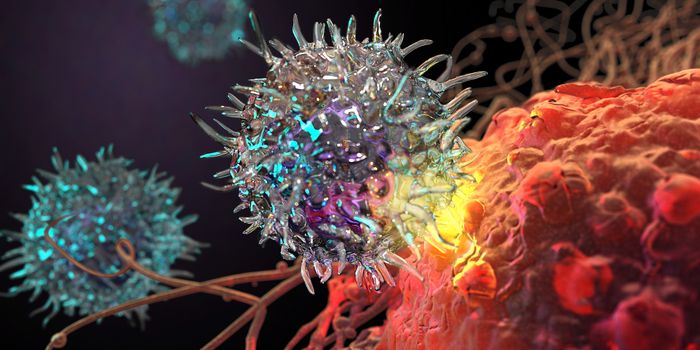
Penn Medicine and The Wistar Institute in Philadelphia were awarded a $12.1 million Specialized Programs of Research Excellence (SPORE) grant from the National Cancer Institute. The five-year grant will fund four new melanoma research projects to translate fundamental laboratory discoveries into new therapeutics to treat melanoma and other skin cancers.
Melanoma, the deadliest form of skin cancer and the fifth deadliest form of cancer overall, will occur in an estimated 76,100 new cases in 2014 in the U.S. alone, and it will kill 9,710 people, according to NCI. When detected early, melanoma is considered treatable, but therapies demonstrating lasting effects for late-stage, metastatic melanomas are greatly needed.
The principal investigator will be Meenhard Herlyn, DVM, DSc, the Caspar Wistar Professor in Melanoma Research and director of The Wistar Institute Melanoma Research Center. Lynn M. Schuchter, M.D., chief of hematology/oncology and leader of the melanoma program at Penn's Abramson Cancer Center, will be the co-principal investigator of the grant.
"We're honored to be recognized by the NCI with this SPORE grant and thankful it will allow all of us to expand on this collaboration, which has already led to important developments in melanoma," said Schuchter. "From targeted therapy to immunotherapy, these melanoma projects, and the people leading them, are at the forefront of medicine, with an ultimate goal of translating basic research from the laboratories into patient care more quickly."
Other Penn faculty involved with the project include Carl H. June, M.D., the Richard W. Vague Professor in Immunotherapy in the department of pathology and laboratory medicine, Robert Vonderheide, M.D., D.Phil., the Hanna Wise Professor in Cancer Research in the Abramson Cancer Center, Ravi K. Amaravadi, M.D., assistant professor of medicine in the division of hematology/oncology in the ACC, and Katherine Nathanson, M.D., an associate professor in the division of translational medicine and chief oncogenomics physician for the ACC.
The four SPORE melanoma research projects are:
1. Targeted Combination Therapy for Melanoma
Targeted therapies, drugs that bind to and inhibit proteins that may cause disease, have shown great promise in melanoma, although patient tumors inevitably develop resistance to these drugs. This study will look at the effects of combining drugs that targets mutant BRAF proteins and drugs that targets the protein PI3K. Both mutant BRAF and PI3K are potent drivers of melanoma tumors, and the researchers believe that targeting both proteins at once may overwhelm the ability of the tumor to develop resistance.
2. Autophagy Modulation for Melanoma Therapy
This project is designed to test the idea that inhibiting autophagy (cancer cells "eat themselves" in order to survive) will have a synergistic effect when used with BRAF inhibitors.
3. Association of Inherited Variation in Immune Mediated Adverse Events and Response to Ipilimumab
The goal of this project is to find the genetic markers that predict which patients do poorly when they take Ipilimumab, an FDA-approved drug that targets CTLA4, a protein that can slow the immune response to cancer. While the drug is designed to re-activate a patient's immune system, in some patients it causes an over-reaction that is capable of causing death. By identifying genetic markers in over 1,000 patients from recent clinical trials, the researchers hope to identify which patients may be able to use Ipilimumab safely and effectively.
4. Engineered T Cell Therapy for Melanoma
This project explores the use of "adoptive cellular therapy." modifying a patient's own T cells to target metastatic melanoma cells. The researchers will conduct a clinical trial that will take a patient's T cell and transform them to target c-MET, a protein that cancer cells exhibit in overabundance on their surface.
The SPORE grant will also support three "cores" designed to further support the SPORE team's scientific efforts. These cores include an administrative core to maximize collaboration between Penn and Wistar; a biospecimen and pathology core to provide SPORE researchers with high quality melanoma tumor samples; and a biostatistics core to help analyze and disseminate research results of the SPORE's experiments and clinical studies.
"Melanoma incidence may be on the rise, but I believe we are at the cusp of a revolution in new melanoma therapies and therapeutic strategies, powered by newly emerging research," said Herlyn. "This SPORE benefits from over 30 years of teamwork in melanoma research between The Wistar Institute and the University of Pennsylvania, and we have put into place a collaboration that will certainly reduce the threat of this terrible disease."
 Penn Medicine and The Wistar Institute in Philadelphia were awarded a $12.1 million Specialized Programs of Research Excellence (SPORE) grant from the National Cancer Institute. The five-year grant will fund four new melanoma research projects to translate fundamental laboratory discoveries into new therapeutics to treat melanoma and other skin cancers.
Penn Medicine and The Wistar Institute in Philadelphia were awarded a $12.1 million Specialized Programs of Research Excellence (SPORE) grant from the National Cancer Institute. The five-year grant will fund four new melanoma research projects to translate fundamental laboratory discoveries into new therapeutics to treat melanoma and other skin cancers.







